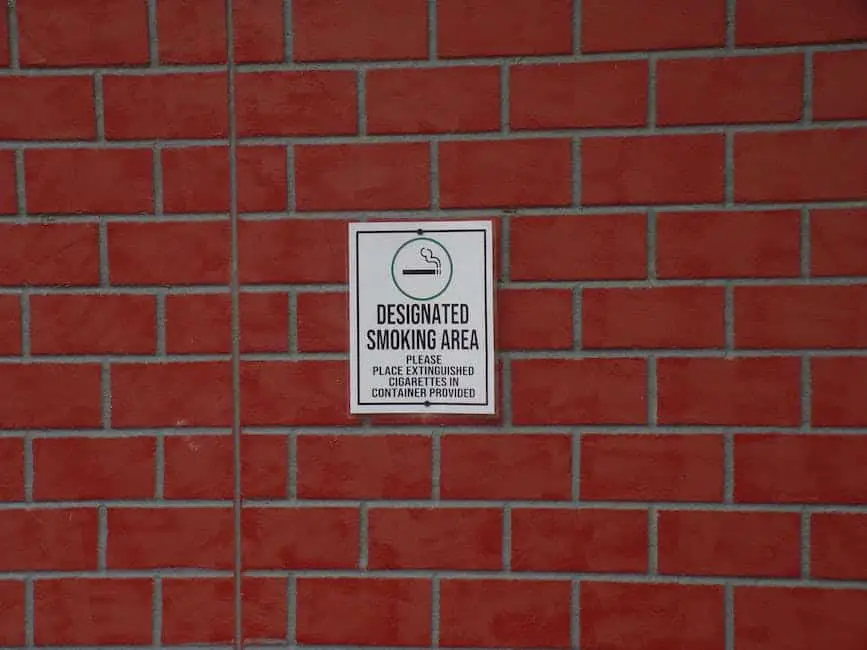
Real estate development projects require permits from local and state authorities to ensure that the construction is safe and complies with zoning regulations. Obtaining permits can be a complex and time-consuming process, but it is essential for the success of any real estate development project. In this article, we will discuss the steps involved in obtaining permits for real estate development projects and provide valuable insights to US real estate investors, homeowners, first-time home buyers, and real estate agents.
Step 1: Research the Permitting Process
The first step in obtaining permits for real estate development projects is to research the permitting process in your local area. Each state and local government has its own set of regulations and requirements for obtaining permits. You can start by visiting the website of your local government or contacting the local building department to get information on the permitting process.
FAQ:
Q: What is the difference between a building permit and a zoning permit?
A:
A building permit is required for any construction work that involves structural changes to a property, such as adding a room or building a new structure. A zoning permit is required to ensure that the construction complies with local zoning regulations, such as setbacks, height restrictions, and land use.
Step 2: Prepare the Permit Application
Once you have researched the permitting process, the next step is to prepare the permit application. The permit application typically includes detailed plans and specifications of the proposed construction, along with other relevant information such as the estimated cost of the project and the contractor’s license number.
FAQ:
Q: Can I submit the permit application online?
A:
Many local governments now offer online permit applications, which can save time and reduce the need for in-person visits to the building department.
Step 3: Submit the Permit Application
After preparing the permit application, the next step is to submit it to the local building department. The building department will review the application and may request additional information or revisions to the plans before issuing the permit.
FAQ:
Q: How long does it take to obtain a permit?
A:
The time it takes to obtain a permit varies depending on the complexity of the project and the workload of the building department. It is best to plan ahead and allow ample time for the permitting process.
Step 4: Obtain the Permit
Once the permit application has been approved, the building department will issue the permit. The permit will specify the scope of the construction work that is allowed and the timeline for completion. It is important to keep the permit on site during the construction process and to comply with all conditions and requirements specified in the permit.
FAQ:
Q: What happens if I start construction without a permit?
A:
Starting construction without a permit can result in fines, penalties, and even legal action. It is important to obtain all necessary permits before starting any construction work.
Conclusion
Obtaining permits for real estate development projects is a crucial step in ensuring that the construction is safe and complies with local regulations. By researching the permitting process, preparing the permit application, submitting the application, and obtaining the permit, real estate investors, homeowners, first-time home buyers, and real estate agents can successfully navigate the permitting process and ensure the success of their real estate development projects. Remember to always comply with local regulations and requirements to avoid fines and legal action.